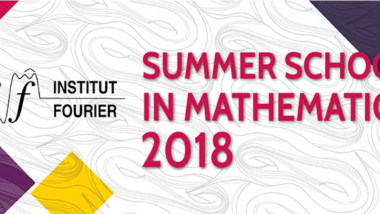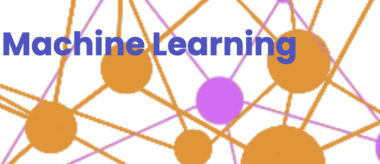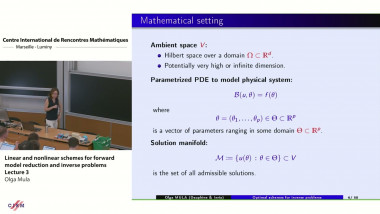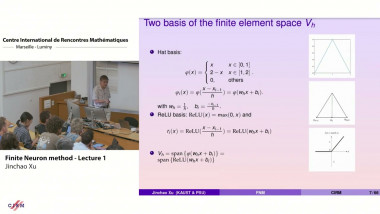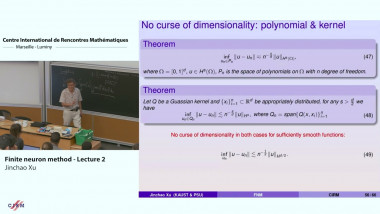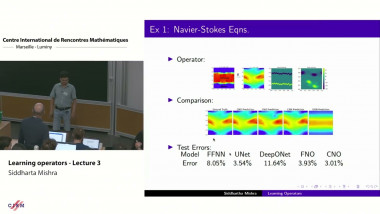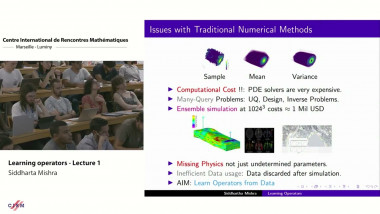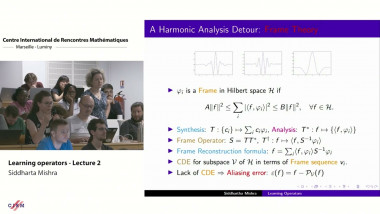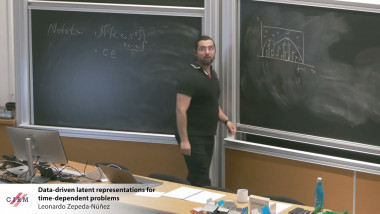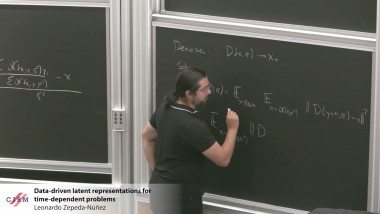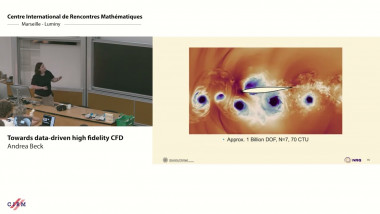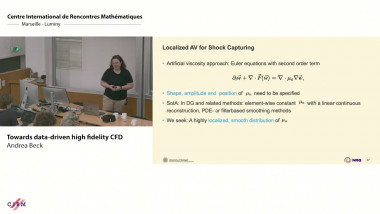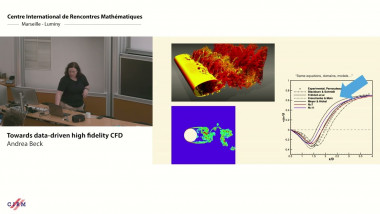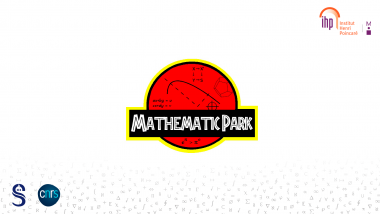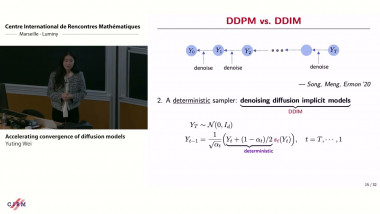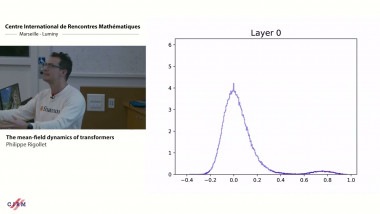Collection CEMRACS 2023: Scientific Machine Learning / CEMRACS 2023: Apprentissage automatique scientifique
Program The goal of this event is to gather scientists from both the academic and industrial communities to work and discuss on Scientific Machine Learning. The program includes:
1 week summer school (July 17-21) 5 weeks Hackathon on projects proposed by academic scientists and/or industrial partners (July 24 – August 25) Participants may register to the summer school only or to the entire program. Junior participants may apply for fellowships to cover part or the whole stay.
Scientific Machine Learning Scientific Machine Learning (SciML) is a relatively new research field based on both machine learning (ML) and scientific computing tools. Its aim is the development of new methods to solve several kinds of problems, which can be forward multi-dimensional partial differential equations, identification of parameters, or inverse problems. The methods we seek must be robust, reliable and interpretable. The new SciML tools allow the natural inclusion of data in the numerical simulation in order to generate new results. This new methodology will be at the forefront of the next wave of data-driven scientific discovery in the physical and engineering sciences. More precisely, our goals are:
to introduce the mathematical concepts lying at the foundation of machine learning as used in scientific computing; to give an overview of the different approaches developed to address these problems; to give insight on the latest numerical tools in scientific machine learning and data inclusion for the solution of PDEs.
Summer school The summer school is organized around five topics, each topic corresponding to one course. The format of each course is 4 hours of lectures and 2 hours of computer sessions (CS) on Jupyter Notebooks with Python or Julia (in the case of a more theoretical topic, one or two focused talks will complement the main lecture). In the computer session, the goal would be to implement with the participants an elementary working example that could potentially be of help later on in the projects. The lectures range from theoretical (approximation theory) to applied (solution of PDEs, forward and inverse problems) up to and including real-world applications.
Appears in collection : CEMRACS - Centre d’Eté Mathématique de Recherche Avancée en Calcul Scientifique
Organizer(s) Auroux, Didier ; Campos Pinto, Martin ; Després, Bruno ; Dolean, Victorita ; Frénod, Emmanuel ; Lanteri, Stéphane ; Michel-Dansac, Victor
Date(s) 17/07/2023 - 21/07/2023
linked URL https://conferences.cirm-math.fr/2904.html

